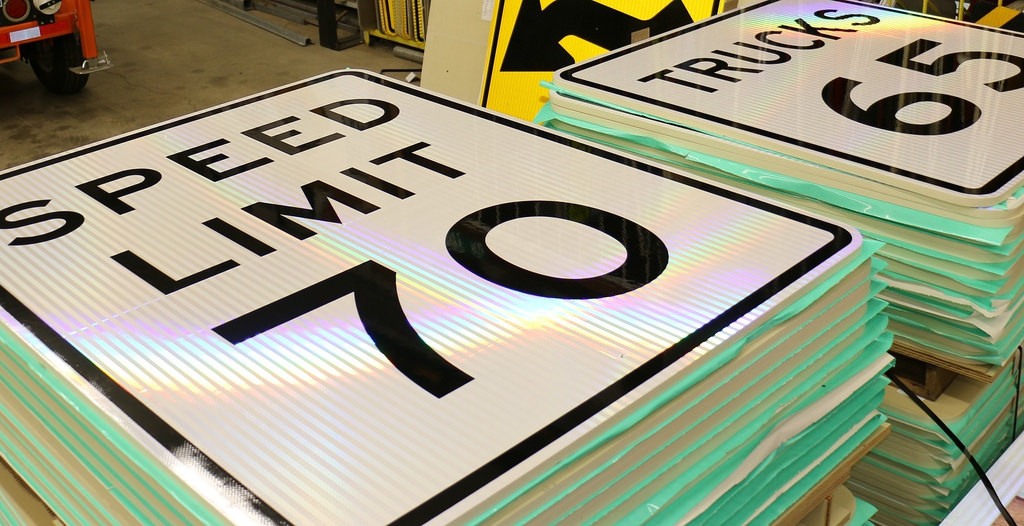| Utahns have a thing about speeding tickets. As near as I can tell, it’s not that we believe people ought to drive dangerously fast. It’s a fairness thing. We want to have a fair shot at not being caught, perhaps. That might explain why, 20 years ago, the state outlawed the use of cameras along roadsides to |
| | automatically nab speeders. Photocop, as it was known, seemed so impersonal; so oblivious to the circumstances that might explain why you simply had to go faster at that particular moment. Or perhaps we want the actual danger we pose to others at any particular time to be a consideration. The state raised the limit to 80 mph along certain desolate stretches of interstate because boredom is a bigger distraction than speed. Or maybe it’s just that we all do it. After all, no one is perfect, especially behind the wheel. “I believe any officer can follow anyone for a couple of blocks and find a reason to pull them over,” state Sen. Lyle Hillyard told me by phone Tuesday. But apparently, when you’re driving past the tiny town of Mantua, Utah (pronounced man-e-way, which rhymes, sort of, with speed away) along Highway 89 through Sardine Canyon, police don’t have to follow you very far to find a violation. The 60 mph zone is just too slow. Mantua brought in $246,000 in fines last year, the city’s financial analyst told the Deseret News. That was more than enough to fund the police department, including its four officers, as well as the fire department. The city has only 687 residents. That’s why Hillyard, who represents nearby Logan, is sponsoring SB100, a bill that would make it illegal for any municipality to earn more than 25 percent of its budget from traffic tickets. He makes no pretense about the purpose of the bill. It is to keep Mantua from supporting itself on the backs of speeders. He even has a challenge for people who may decide to oppose the bill. “Whoever has gone through Sardine Canyon without speeding, throw the first stone.” He has a point there. Even I would have to toss my stone aside. But until recently, that stretch of highway produced more than its share of highways deaths. The city’s police chief says the recent dramatic drop in fatalities has to do with speeding enforcement. Hillyard says it has everything to do with the erection of concrete barriers that act as medians and prevent head-on collisions. It doesn’t matter much. This is one of those fights the city isn’t likely to win, especially when Hillyard points out that the ratio of four officers to 687 people is a higher concentration than exists in Washington, D.C. “Where are all the street gangs in Mantua?” he asks. “I don’t think they have a high crime rate. I don’t think people are pulling over and burglarizing houses.” The speeders along Highway 89 don’t come close to the actual town, and Hillyard wonders how many residents of Mantua speed past houses along city roads without getting caught. For the record, Hillyard says he never has gotten a ticket in Mantua, but he sure hears from a lot of his constituents who have. When it comes to small towns that make a living off the violations of strangers, Utahns aren’t the only ones who get upset. Americans in general find it sort of, well, un-American. Some other states already have laws similar to what Hillyard is proposing. Critics say constitutional protections may become a secondary thing if profit is the main motive. According to a report on marketplace.org, Rep. Emanuel Cleaver, D-Mo., has proposed a federally mandated cap of 30 percent of city revenues from tickets nationwide. Well, hold on there a minute, representative. No need to get crazy. Utahns are about as wild about Washington telling them what to do as they are about getting a speeding ticket. Of course, they aren’t wild about tax increases, either, which is what little Mantua is facing if Hillyard’s bill passes. Sometimes, it’s hard to negotiate the minefield of all the things we don’t like. |


 RSS Feed
RSS Feed

